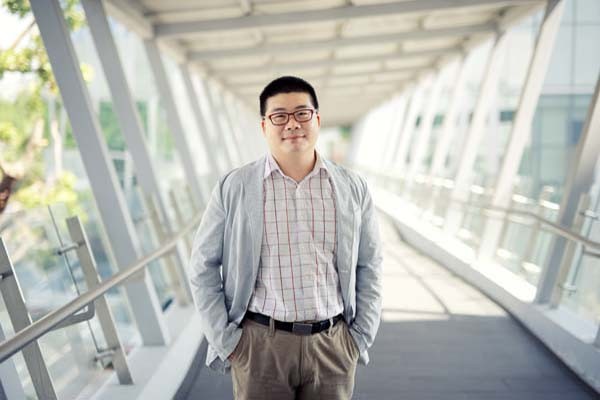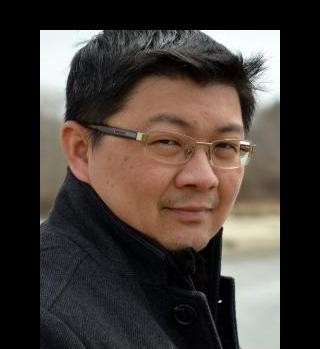"How Far Along Are We in Developing an IR Theory Based on Southeast Asia’s Experiences" - by CWP alum Ja Ian Chong & Cheng-Chwee Kuik
Based on reflexive stocktaking and data collected from a cross-country survey distributed in seven Southeast Asian academic communities, namely Cambodia, Indonesia, Malaysia, Singapore, Thailand, the Philippines, and Vietnam, this article explores how much progress Southeast Asian international relations (IR) academic communities have made in advancing a theory or concept based on local experiences. It is argued that while mainstream IR remains dominant, debates since the early 2000s have introduced new concepts. At the same time, new theoretical proposals are rare due to the vast diversity in Southeast Asia and a general interest in producing policy- and empirical-oriented work. Nevertheless, there are opportunities for constructing a Southeast Asian theory based on the region’s distinct perspectives on international relations shaped by ASEAN norms and institutions and the complex interactions between politics at the domestic and international levels. Any new conceptual or theoretical framework must also provide useful implications beyond the region.
The State of the Discipline: How Far Along Are We in Developing an IR Theory Based on Southeast Asia’s Experiences - Chanintira na Thalang, Ja Ian Chong, Thuy Thi Do, Herman Joseph S Kraft, Cheng-Chwee Kuik, I Gede Wahyu Wicaksana, Vannarith Chheang, Yohanes William Santoso, Guido Benny - International Studies Perspectives, ekae009, https://doi.org/10.1093/isp/ekae009 - Published: 19 June 2024
Ja Ian Chong: The focus of my teaching and research is on international relations, especially IR theory, security, Chinese foreign policy, and international relations in the Asia-Pacific. Of particular interest to me are issues that stand at the nexus of international and domestic politics, such as influences on nationalism and the consequences of major power competition on the domestic politics of third countries. I also enjoy looking at historical material in my research. In addition to my academic background, I have experience working in think-tanks both in Singapore and in the United States. As such, I also look at the relationship between political science theory and policy, and believe the two can inform each other.
I am author of External Intervention and the Politics of State Formation–China, Indonesia, Thailand, 1893-1952 (Cambridge, 2012), which received the 2013 Best Book Award from the International Security Studies Section of the International Studies Association.
Cheng-Chwee Kuik: is Professor of International Relations at the Institute of Malaysian and International Studies (IKMAS), National University of Malaysia (UKM). He is concurrently a Non-resident Fellow at Johns Hopkins’ Foreign Policy Institute. Previously, Cheng-Chwee was a Postdoctoral Research Associate at the Princeton-Harvard “China and the World” Program and a Visiting Research Fellow at Oxford University’s Department of Politics and International Relations. Professor Kuik’s research focuses on smaller state foreign policy, Asian security, and international relations. He served as Head of the Writing Team for the Government of Malaysia’s inaugural Defence White Paper (2020). Cheng-Chwee’s publications have appeared in peer-reviewed journals and edited books. Dr. Kuik’s essay, “The Essence of Hedging”, won the Michael Leifer Memorial Prize awarded by the Institute of Southeast Asian Studies. He is co-editor (with Alice Ba and Sueo Sudo) of Institutionalizing East Asia (2016), co-author (with David M. Lampton and Selina Ho) of Rivers of Iron: Railroads and Chinese Power in Southeast Asia (2020), and author of the chapter on ASEAN and Southeast Asian states for David Shambaugh’s International Relations of Asia, 3rd edition (2022). His current projects include: hedging in international relations, elite legitimation and foreign policy choices, and the geopolitics of infrastructure connectivity cooperation. Cheng-Chwee serves on the editorial boards/committees of Contemporary Southeast Asia, Australian Journal of International Affairs, Asian Politics and Policy, International Journal of Asian Studies, and East Asian Policy. He is a member of the newly established Council on Indo-Pacific Relations (CIPR), EWC in Washington (EWCW). He holds an M.Litt. from the University of St. Andrews and a PhD from Johns Hopkins University.
Photo Credit: https://pixabay.com/users/geralt-9301/



